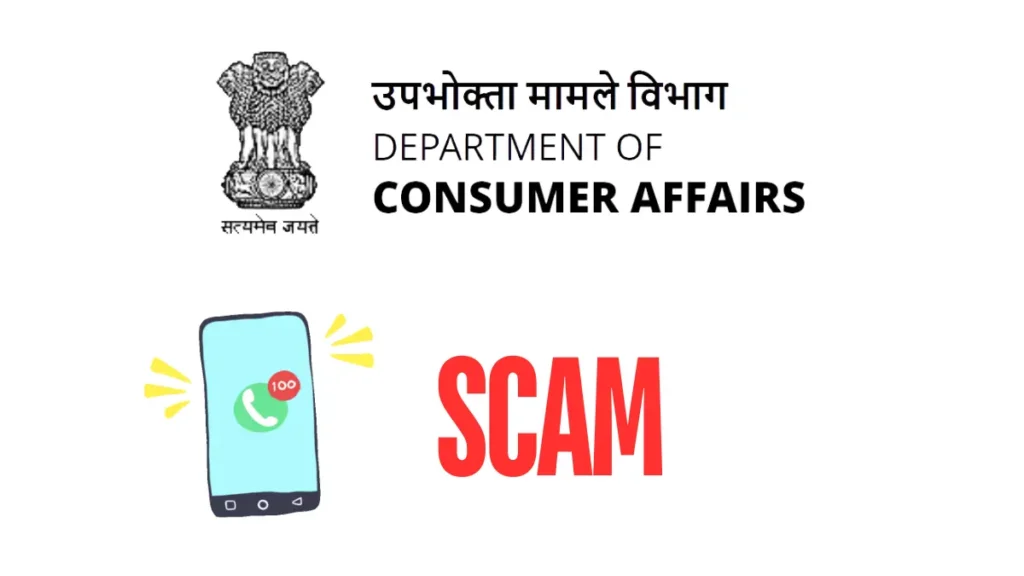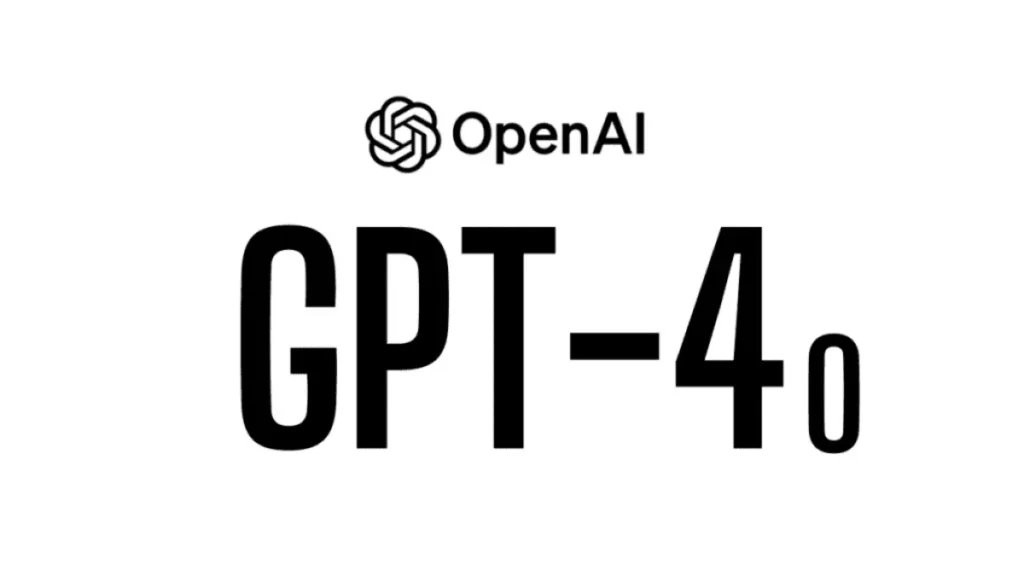The Consumer Affairs Ministry is searching for public feedback on a brand new coverage designed to cut down the developing trouble of spam calls and undesirable enterprise promotions.
The draft tips, released on Thursday, goal to empower customers and protect them from intrusive advertising practices.
Public Can Have Their Say on New Anti-Spam Call Policy
Public remarks on the proposed policy are open till July 21st. This offers a precious possibility for people to weigh in at the proposed measures and make certain they effectively address the problem of unsolicited mail calls.
Current Efforts Falling Short?
The Department of Consumer Affairs (DoCA) recognizes that existing guidelines, such as the Do Not Disturb (DND) registry, haven’t completely eradicated the hassle.
Unregistered telemarketers and those the use of non-public numbers retain to take advantage of loopholes, inflicting frustration for cell phone customers.
New Guidelines Target Unsolicited Communications
The draft guidelines outline unsolicited business communique as any touch that disregards a recipient’s consent or registered preferences. This includes calls or messages made the use of unregistered numbers, unregistered SMS headers, or people who fail to pick out the caller’s motive or lack an choose-out alternative. Additionally, any conversation made after a recipient has opted out might be taken into consideration unsolicited.
The coverage additionally proposes to leverage precise wide variety series specific via the Department of Telecommunications (DoT). The ‘140xxx’ collection might be reserved for promotional calls, while the ‘160xxx’ collection could be used for provider or transactional calls. This distinction should potentially help customers identify and avoid undesirable promotional calls.
Public Input Crucial for Effective Policy
The Consumer Affairs Ministry emphasizes its commitment to safeguarding purchaser rights, especially in the virtual age. By incorporating public remarks, the Ministry can refine the coverage to ensure it offers a comprehensive approach to the difficulty of unsolicited mail calls.
Different Opinions on the New Anti-Spam Call Policy
While the proposed coverage is a nice step towards protective customers from intrusive advertising practices, a few issues remain:
- Effectiveness: Some critics question whether the coverage can correctly deal with the problem of robocalls, which can be automatic calls regularly used for scams.
- Enforcement: Enforcing the coverage in opposition to unregistered telemarketers may want to pose a task.
- Business Impact: Some groups may additionally specific concerns that the coverage could restriction their capacity to reach capability clients.
Despite those issues, the Consumer Affairs Ministry’s initiative demonstrates a dedication to tackling the hassle of spam calls. By actively looking for public enter and fostering collaboration with stakeholders, the Ministry can broaden a coverage that efficiently protects purchasers whilst minimizing disruption to valid corporations.


